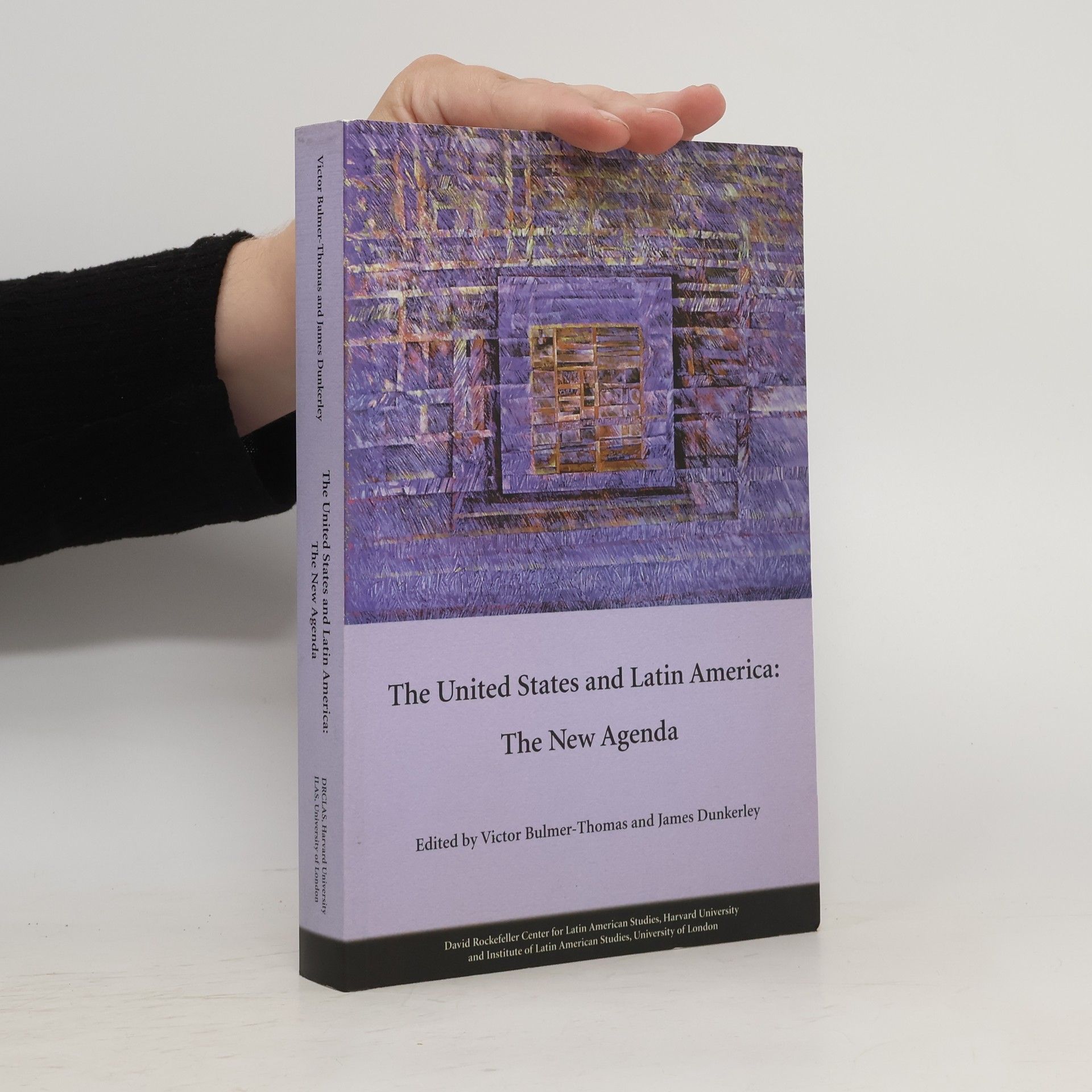Internal Empire
- 384pagine
- 14 ore di lettura
From the fourteenth century to today, the fascinating past, present and future of English imperialism in Britain and Ireland.
Questo autore si concentra sull'esplorazione di dinamiche storiche e politiche complesse. Il suo lavoro esamina spesso l'impatto degli eventi globali sugli sviluppi regionali. I lettori apprezzeranno il suo profondo approccio analitico e la sua capacità di collegare le tendenze storiche più ampie con conseguenze sociali ed economiche specifiche. La sua scrittura offre preziose intuizioni sull'interconnessione del mondo.



From the fourteenth century to today, the fascinating past, present and future of English imperialism in Britain and Ireland.
The end of the Cold War removed hemispheric security from the top of the agenda of U.S.-Latin American relations. Democracy, trade and investment, drugs, and migration rose in importance. Pressures to eliminate the anachronistic U.S. embargo on Cuba increased. The new agenda also includes Latin America's growing ties to the countries of the European Union and other regions. This book contains fifteen essays by distinguished U.S., Latin American, and European scholars on each of these issues, framed by overviews of the changing historical context from the nineteenth century to the end of the Cold War. Authors include such notables as Harvard scholars John Coatsworth, Jorge Dominguez, and Marcelo Suarez-Orozco; European academics such as editors Jamnes Dunkerley and Victor Bulmer-Thomas; and Latin American intellectuals such as Eduardo Gamarra and Rodolfo Cerdas-Cruz.
Building on the earlier Economic History of the Caribbean since the Napoleonic Wars (2012) with its pan-Caribbean focus, Victor Bulmer-Thomas examines the Caribbean region on a country-by-country basis. Divided into four parts covering the language territories of the region, Bulmer-Thomas deftly analyses the economic history of the coun